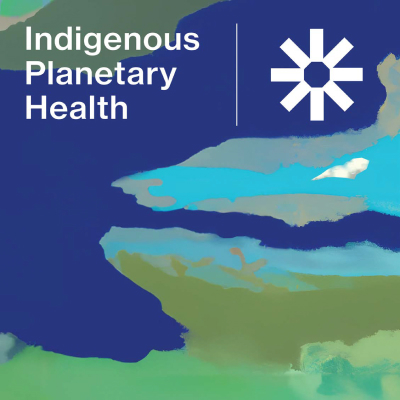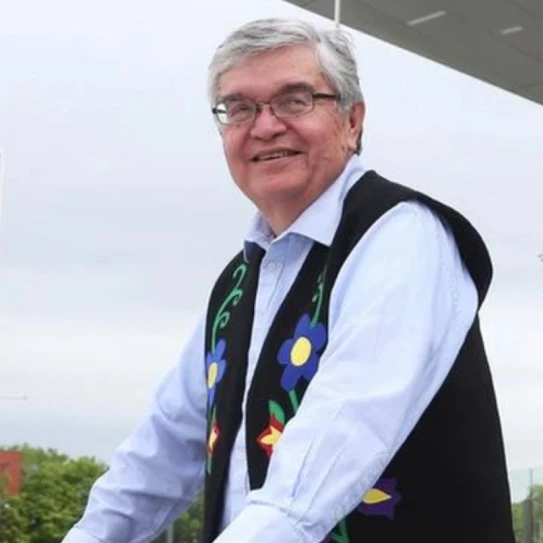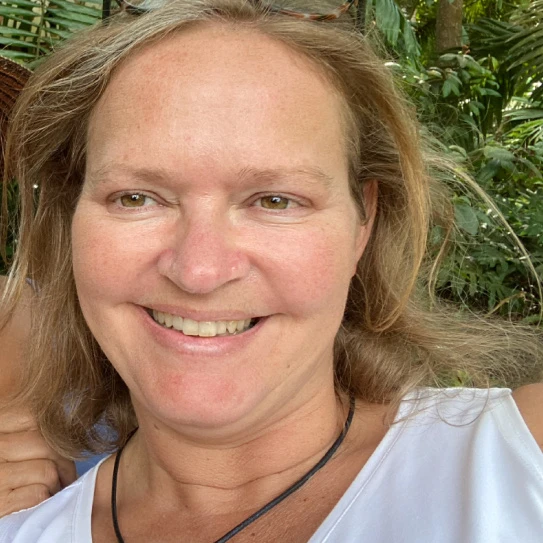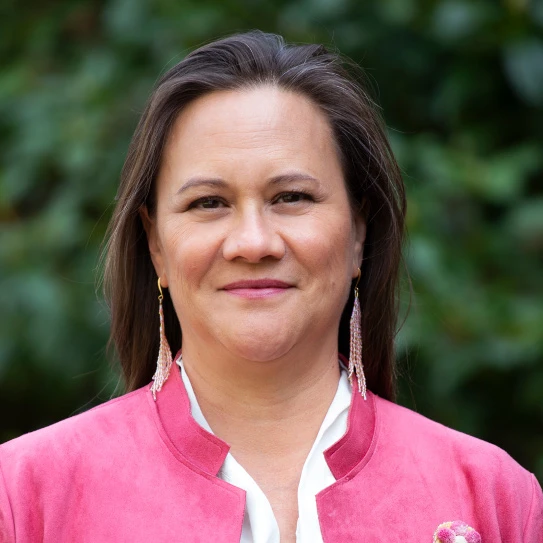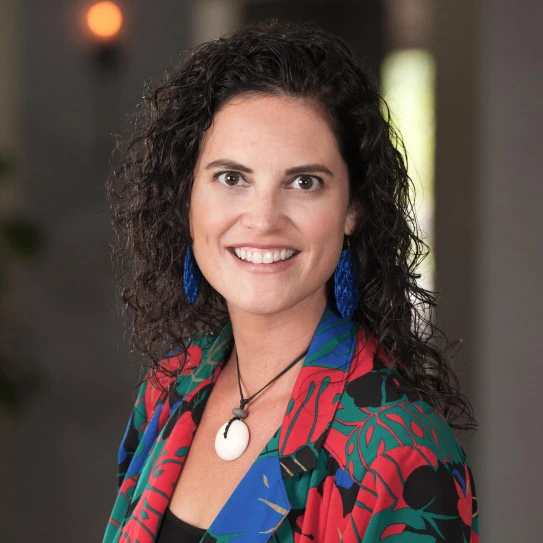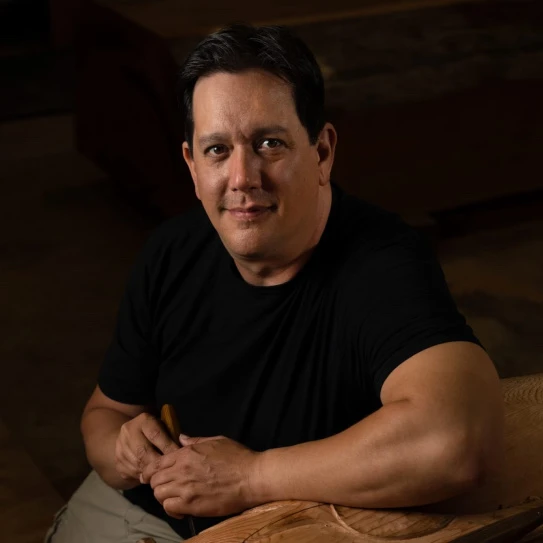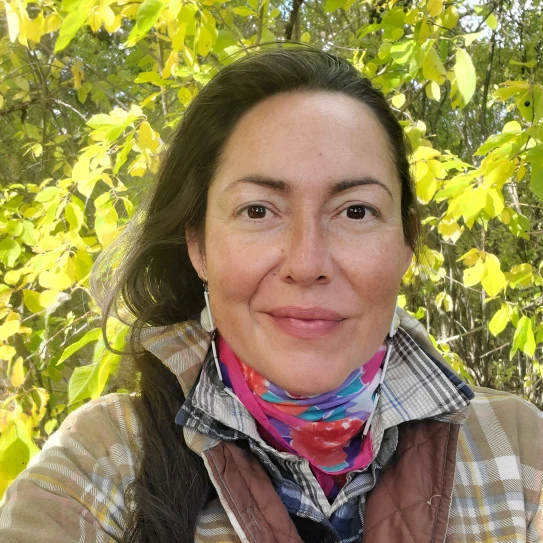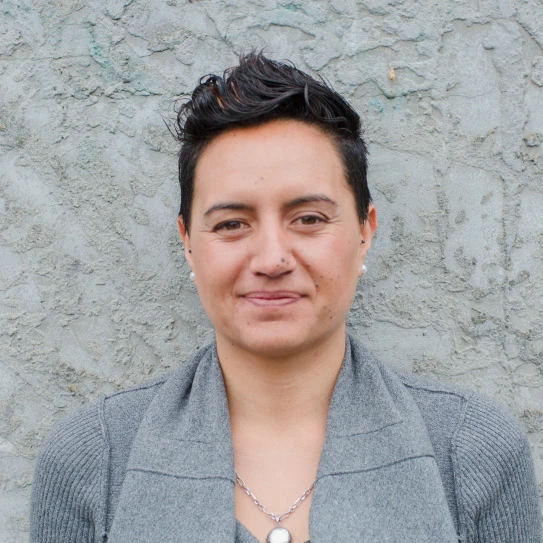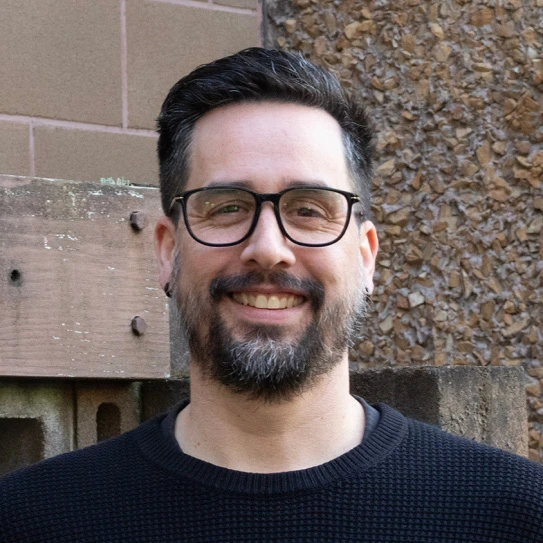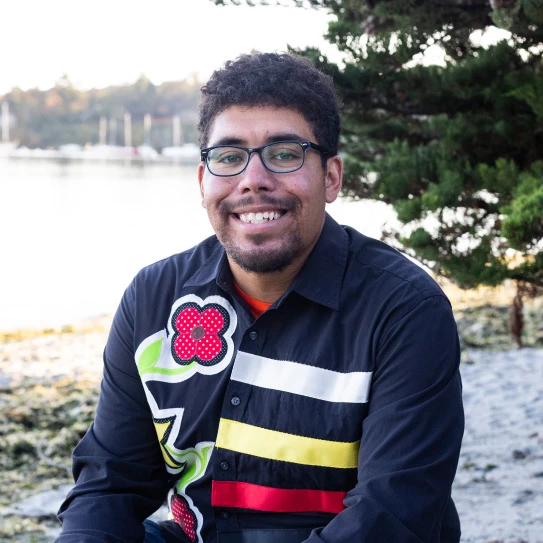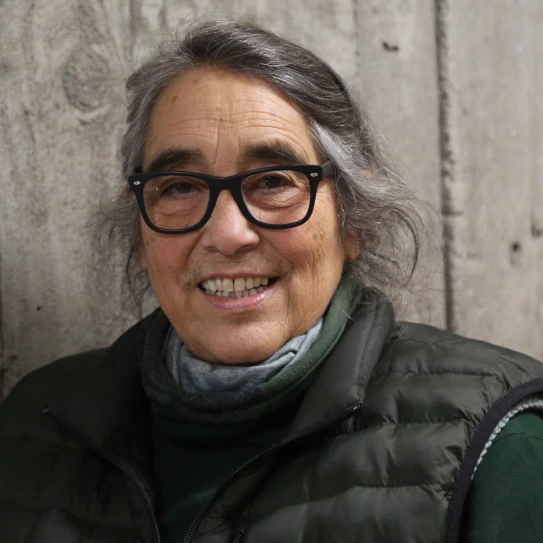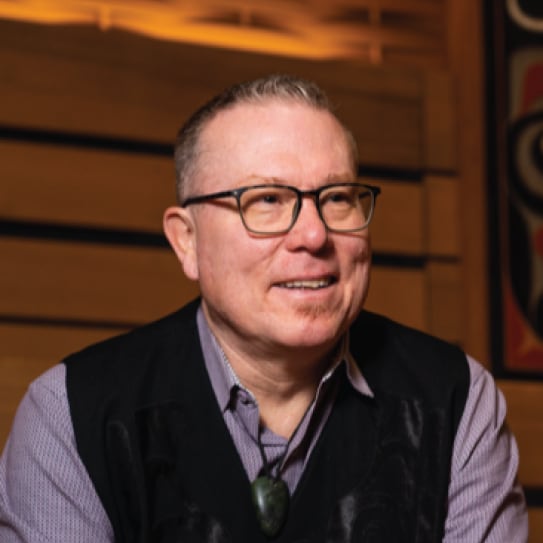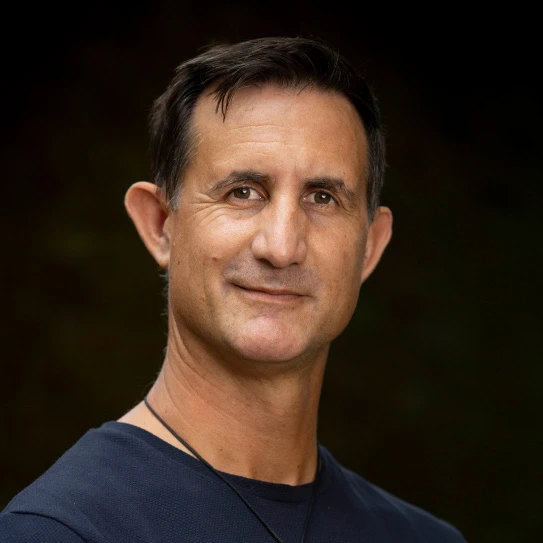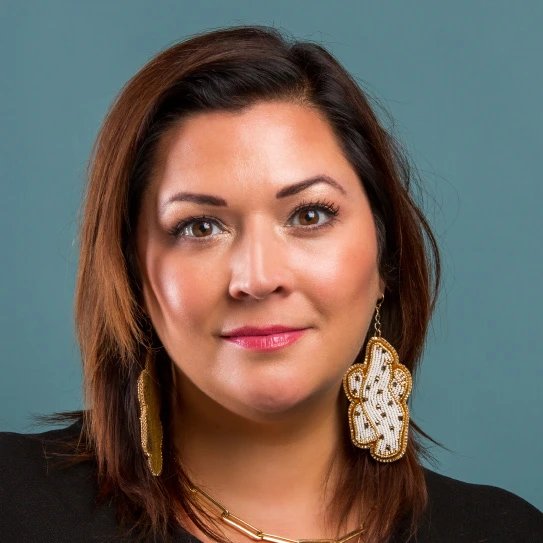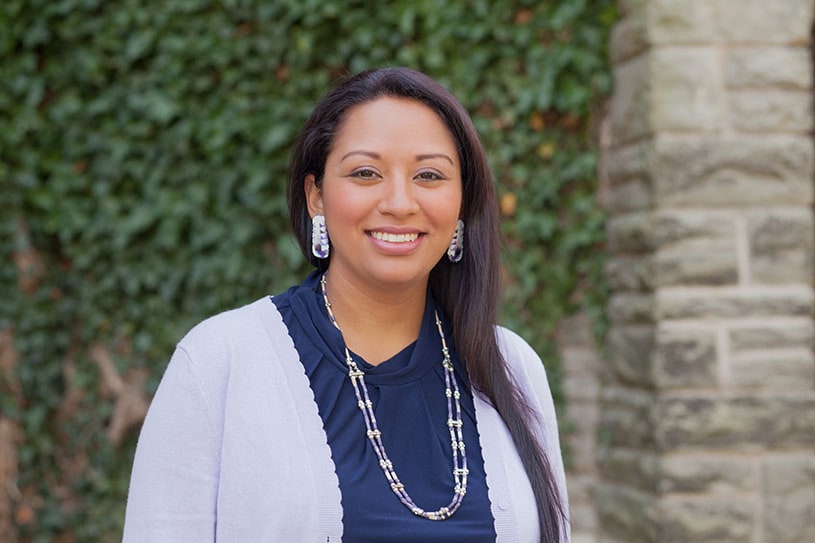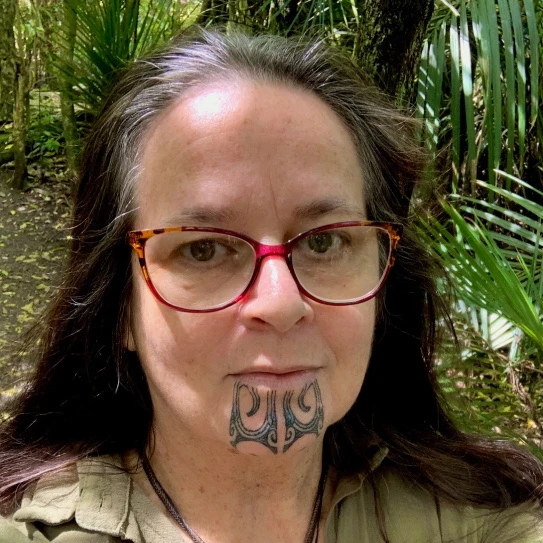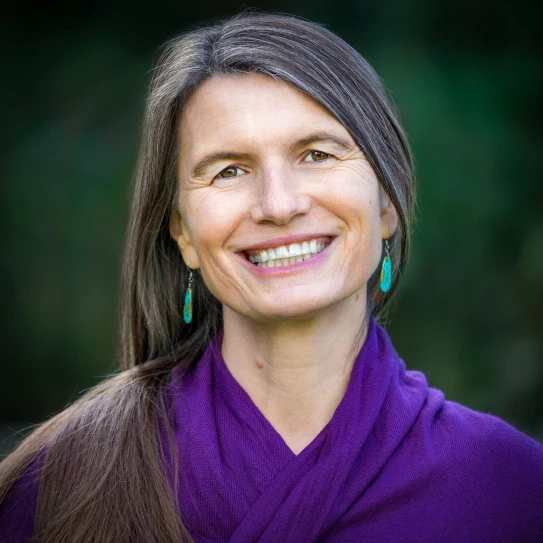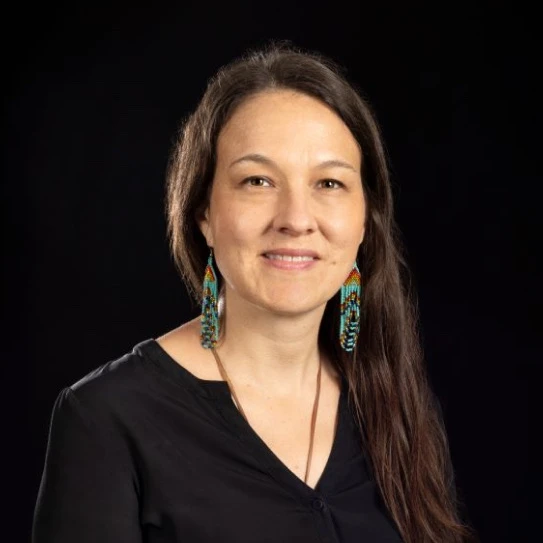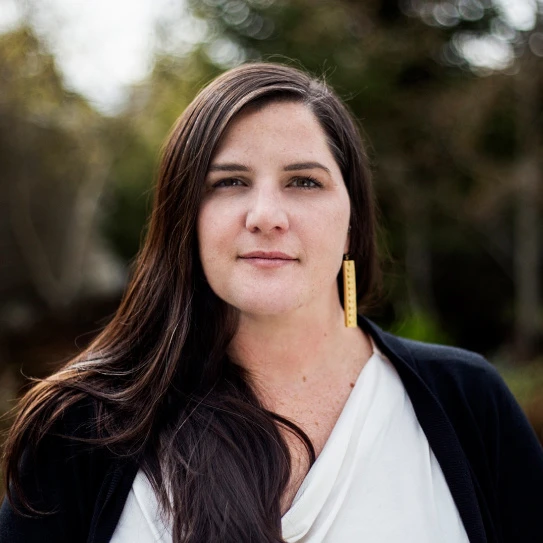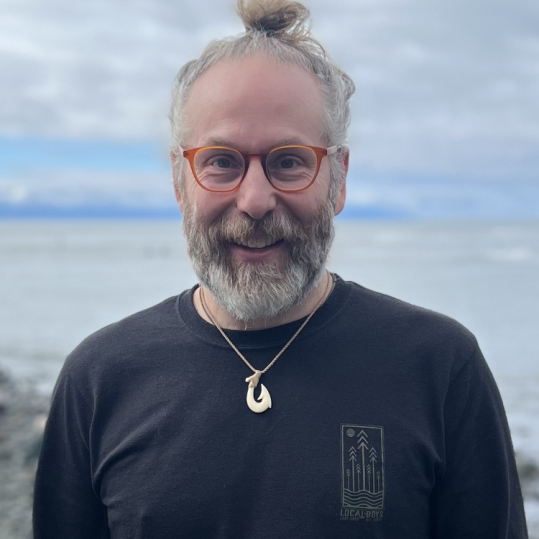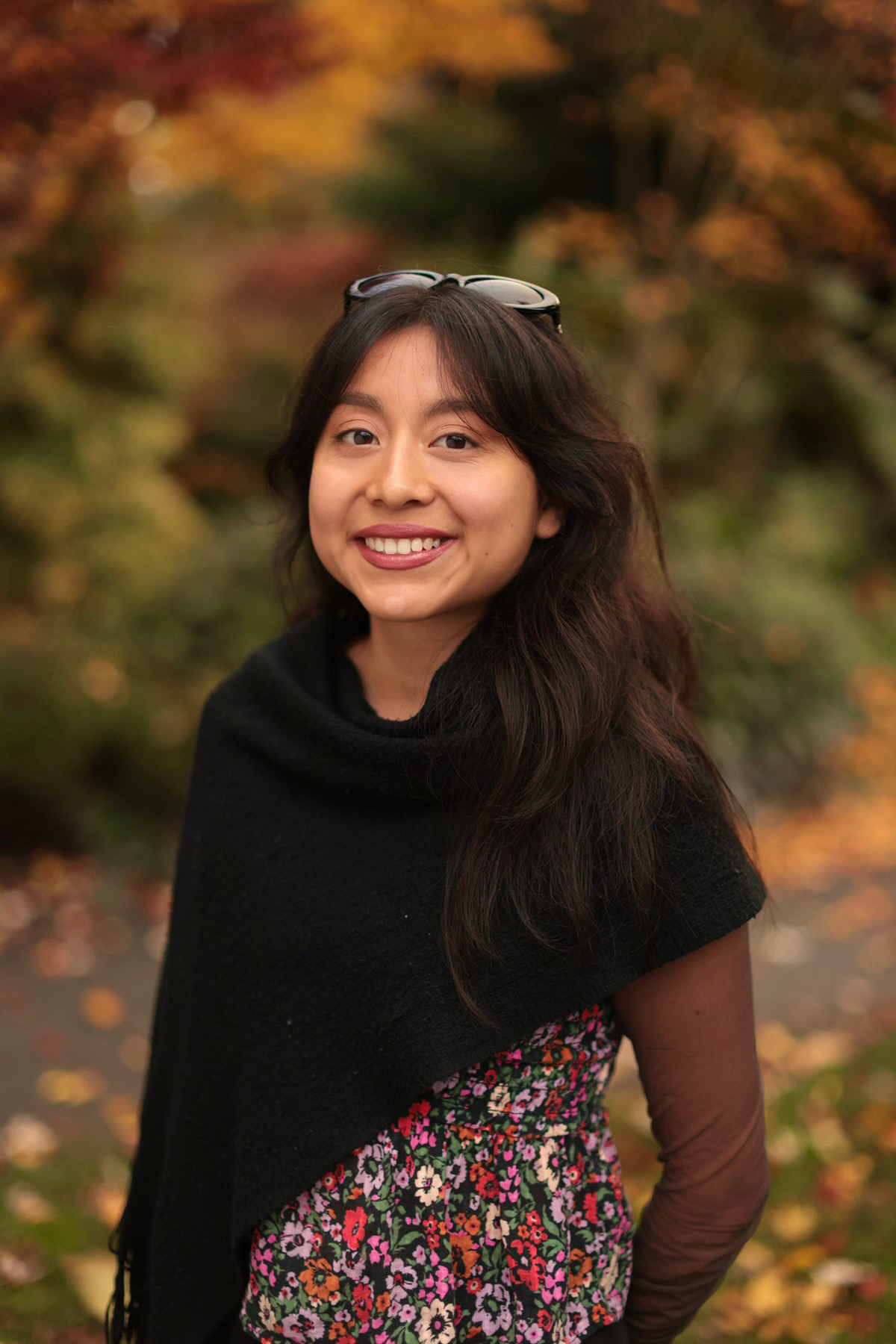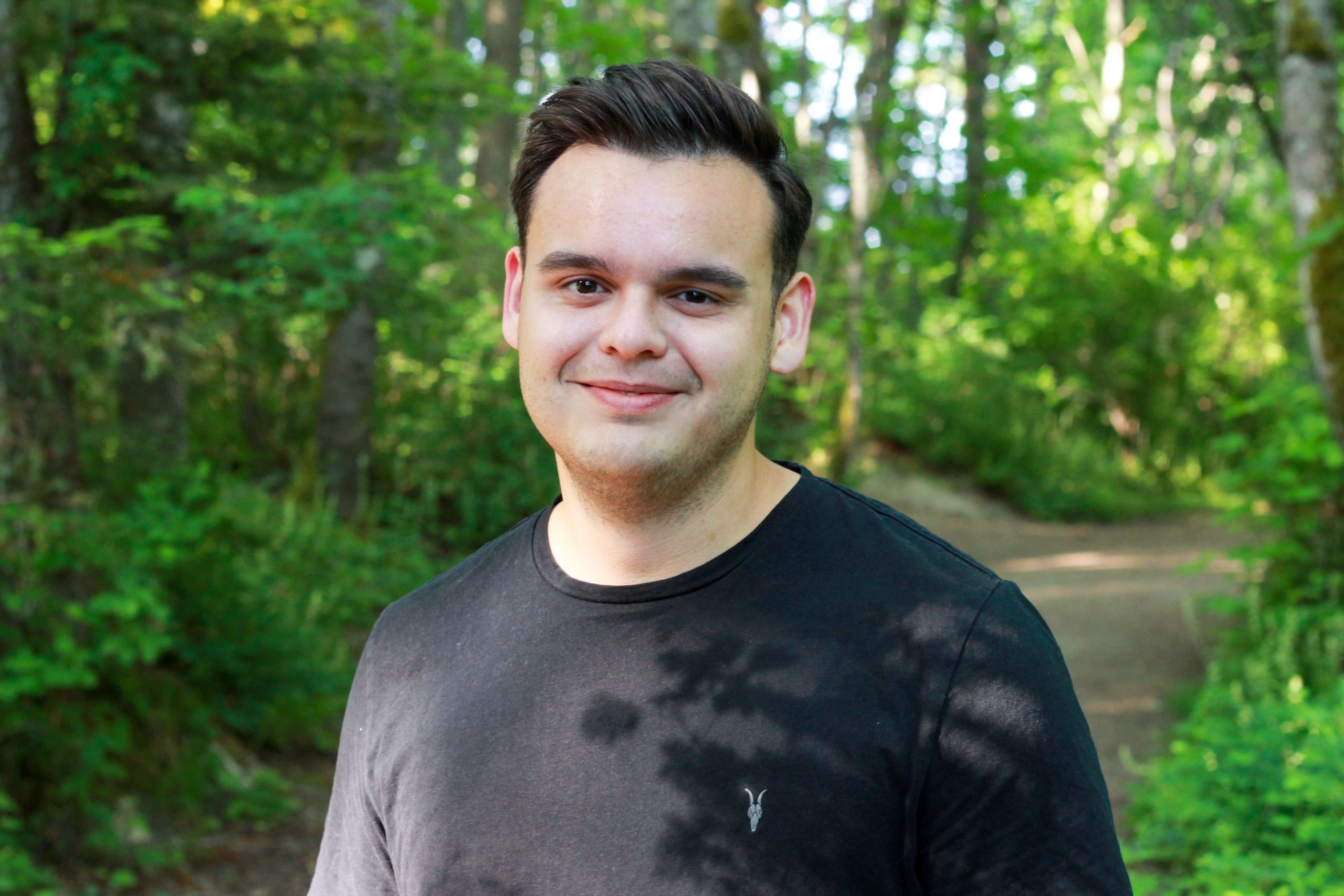Podcast: Play in new window | Download
In this episode, Heather Castleden is joined by cohost Deondre Smiles and they speak with Graeme Reed about planetary health, nature-based solutions, Indigenous knowledge and the teachings from Elders. Dr Reed argues that what is needed for planetary health is for Indigenous Peoples to be reconnected with each other, their lands, knowledges, languages, and themselves. Reconnection opens possibilities for solutions that are place based and responsive to the needs of local communities. For Dr Reed, planetary health, as understood from a Western lens, is premised on the idea that to support human health we need to transform nature, what he calls a kind of “instrumentalization of nature for humans.” He sees a similar process occurring in his area of work, where current framings of “nature-based solutions” for climate change risk perpetuating a form of climate colonialism, or what he calls the “side salad” approach. According to this logic, you can make all the unhealthy food choices you want as long as you order the side salad. When applied to climate action, this approach allows industry and states to maintain business as usual as long as they off-set their carbon footprint with money. Indigenous ontologies are essential for reframing this approach.
Dr. Graeme Reed is a postdoctoral fellow at York University and a strategic advisor at the Assembly of First Nations. His work ensures federal and international climate policy safeguards First Nations rights, jurisdiction and knowledge.
This podcast is created by the Impact Chair in Transformative Governance for Planetary Health at the University of Victoria, with production from Cited Media. We are supported by grants from the Canadian Institutes of Health Research and the Social Sciences and Humanities Research Council of Canada. You can find us at https://indigenousplanetaryhealth.ca/
